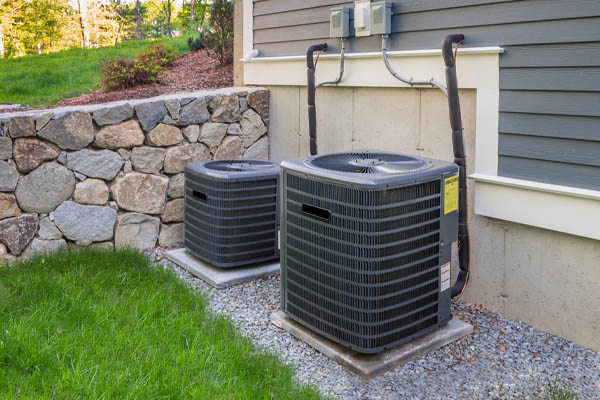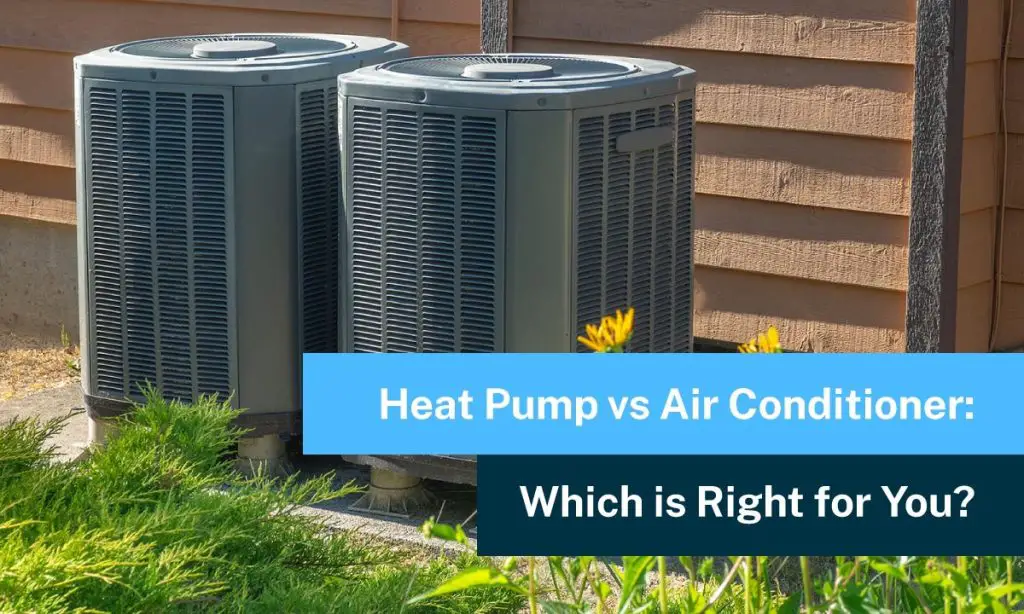When it comes to choosing the right HVAC system for your home, the decision between an air conditioner and a heat pump can be a tough one. Both systems have their own set of advantages and disadvantages, and understanding the differences between the two can help you make an informed decision that best suits your needs. In this article, we’ll explore the key differences between air conditioners and heat pumps to help you determine which option is right for you.
Understanding the Basics
Before diving into the specifics of each system, it’s important to have a basic understanding of how they work.
| Air Conditioner | Heat Pump |
|---|---|
| Uses refrigerant to cool indoor air and expels hot air outside. | Functions as both a cooling and heating system by transferring heat between the indoors and outdoors. |
| Requires a separate heating system, such as a furnace, for year-round comfort. | Can provide both cooling and heating, making it a year-round HVAC solution. |
Pros and Cons
Now, let’s take a closer look at the advantages and disadvantages of each system to help you weigh your options.
Air Conditioner
- Highly efficient at cooling indoor spaces, especially in warm climates.
- Lower upfront cost compared to a heat pump.
- Simple installation and maintenance.
- Requires a separate heating system, leading to higher energy bills in colder climates.
- Not suitable for year-round use in regions with harsh winters.
Heat Pump
- Provides both heating and cooling, offering year-round comfort.
- Energy-efficient operation, reducing overall utility costs.
- Less environmental impact due to reduced energy consumption.
- Higher upfront cost compared to an air conditioner.
- May require supplemental heating in extremely cold temperatures.
- More complex installation and maintenance requirements.
Factors to Consider
When deciding between an air conditioner and a heat pump, several factors should be taken into account to make the best choice for your home:
- Climate: Consider the typical weather conditions in your area to determine the level of heating and cooling required.
- Energy Costs: Evaluate the long-term energy efficiency and operating costs of each system based on your local utility rates.
- Budget: Determine your initial budget, including installation costs, and weigh it against long-term savings and benefits.
- Lifestyle: Assess your household’s heating and cooling needs, such as allergies, humidity control, and comfort preferences.

Credit: www.harthomecomfort.com
Conclusion
Ultimately, the decision between an air conditioner and a heat pump depends on your specific needs and circumstances. If you live in a moderate climate and are looking for an efficient year-round HVAC solution, a heat pump may be the best choice. However, if you primarily need cooling and already have a reliable heating system in place, an air conditioner could be the more practical option.
It’s important to consult with an HVAC professional to assess your home’s requirements and receive personalized recommendations. With the right system in place, you can enjoy optimal comfort and energy savings for years to come.

